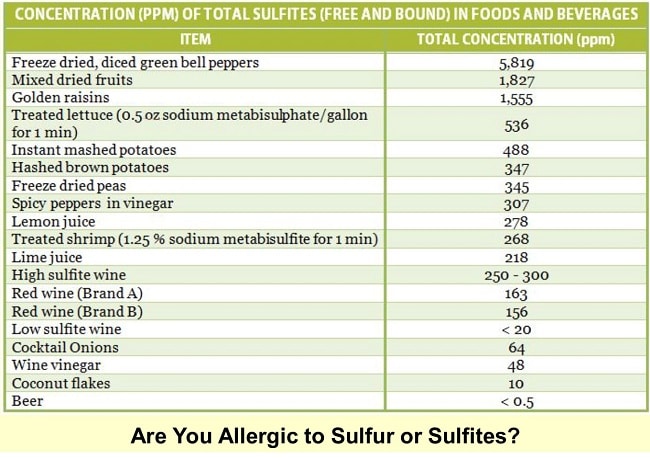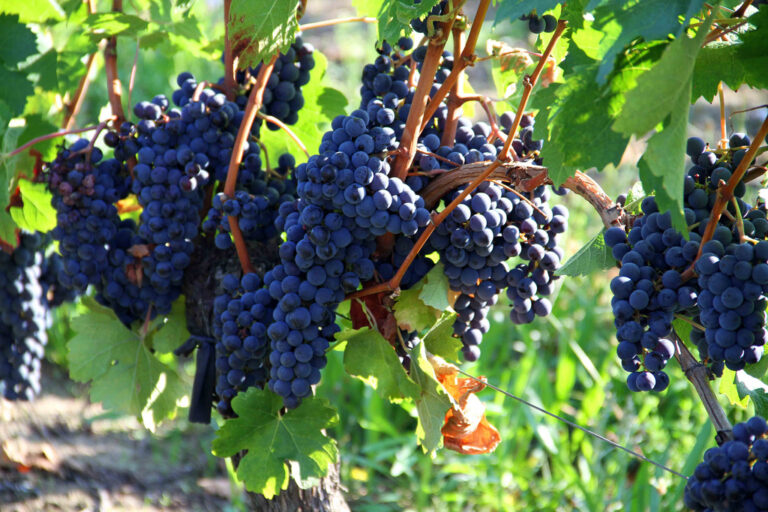People get riled up over headlines, but very few actually read the actual article. The authors are fully aware of this and try their best to write a caption that catches the population’s eye. It happens all the time. I guess its human nature. Today, we are delving into SO2, the divalent anionic compound that has so many people asking WTF? How can two little words “contains sulfites” cause so much controversy?

People jump on bandwagons. So many people rather be followers than leaders. I guess it is easier to just go along with the general consensus than to stand up and be strong by yourself. There is something called the mob mentality and unfortunately, the struggle is real. By definition, mob mentality describes how people can be influenced by their peers to adopt certain behaviors on a largely emotional, rather than rational, basis. Sulfur dioxide has a huge mob against it but the scientist and wine maker in me is compelled to clear up this controversy.
Myth vs. Reality
 One of my pet peeves about wine is how so many people say they can’t drink wine because they have a sulfite allergy. I personally can name five people who say that their allergy gives them a headache.
One of my pet peeves about wine is how so many people say they can’t drink wine because they have a sulfite allergy. I personally can name five people who say that their allergy gives them a headache.
Yes, there are people who have sulfite allergies. Sulfite allergies tend to be most common in people with asthma. It is estimated that 5 to 10 percent of people with asthma have a sulfite sensitivity. That correlates to about .4% of the general population. However, these allergies do not result in headaches. The symptoms include itching, hives, nausea, diarrhea, dizziness, shortness of breath, wheezing, trouble swallowing and in those rare cases it can lead to the individual going into shock that can be life threatening.
Now, here is the kicker! The people I mentioned above, state they can have white wine, but not red wine and have been seen dousing ketchup all over their morning hash browns. In reality, sulfites are typically higher in cask wine than bottled wine, and are significantly higher in white wine than red wine thanks to the tannins. Also, sulfite levels are generally more elevated in cheap wines than higher quality ones. Is your mind blown yet? because there’s more! sulfites in wine are lower than the levels found in dried fruit, potato chips, shrimp, and ketchup! 
For those who claim they don’t drink wine because sulfites aren’t natural; well, sorry to burst your bubble, although sulfites may be added, they are a natural by-product of the yeast metabolism during fermentation. So even if you do not add any additional SO2, your wine will still contain sulfites.
The Science
Earlier I mentioned divalent anionic group. If you read that and asked yourself WTF, I’m sure you aren’t alone. Sulphur dioxide (SO2) is a chemical compound made up of one sulfur molecule and two oxygen molecules. The term divalent simply means having a valence of 2. (note the subscript 2 after the SO) Valency is the measurement of how atoms are able to combine with other molecules and is determined by how many hydrogen atoms that it combines with. Anionic just means a negative charged ion.
With all the Chemistry 101 out-of-the-way, lets take a deeper look at sulfur dioxide. As I said, it is naturally occurring in wine, but it can, and often is, added to help preserve foods and beverages, by acting as an antioxidant and antimicrobial. By law, in the United States, a wine must declare that it contains sulfites if it contains more than 10ppm. Additionally, it is also produced by the human body at the level of about 1000 mg(milligrams) per day.
So why do we add SO2 to wine? Sulfur dioxide suppresses yeast and bacteria. To be beneficial it is typically added in the range 3-50mg/L. As wine ages, polyphenol oxidase mixes with polyphenols and can darken the wine and affect the aroma. Sulfur dioxide acts as an inhibition to the oxidation enzymes preventing oxidation and reacts with aldehydes in the wine to prevent the suppression of aromas.
There you have it. Instead of raising those pitch forks, raise your glass to sulfites! Be thankful they are in your wine. Understand that the headache is more likely due to histamines, tyramine, tannins, and more than likely the alcohol itself. So instead of blaming the sulfites, try drinking a lot more water alongside that wine.
~Slainte!
I invite you to follow me on Instagram, Twitter, Facebook and Youtube for all things wine. I’ll never tell you what to drink, but I’ll always share what’s in my glass.
Please support our sponsor:
We’ve stacked the odds so that you can get our award winning wines without breaking the bank. Click the image to find out all of the benefits of joining the CHALK CLUB including discounted shipping and up to 25% off all purchases. .




hey, Lori, “Be thankful they are in your wine” – really like this ))
Thank you for the kind words Walter!